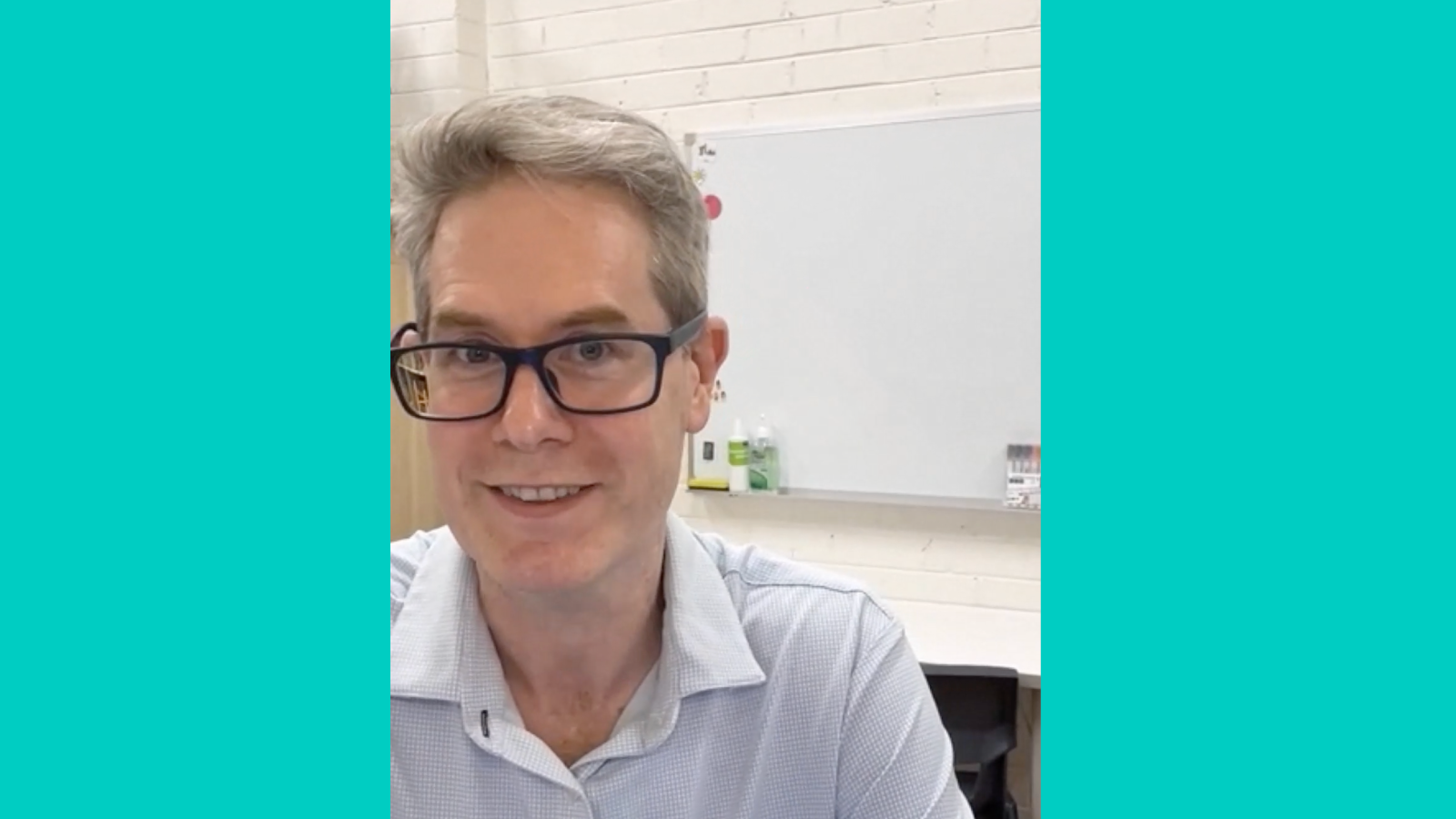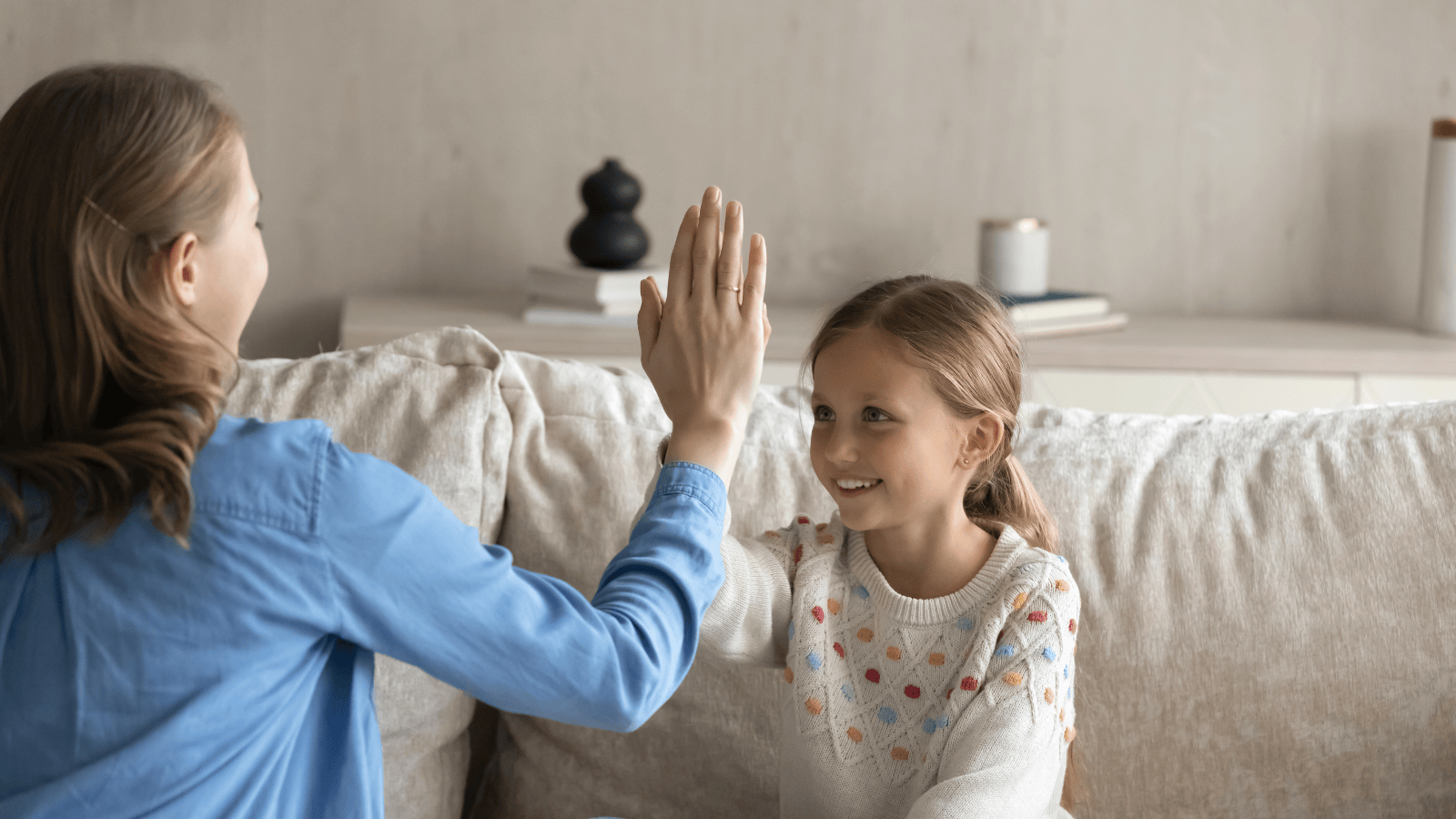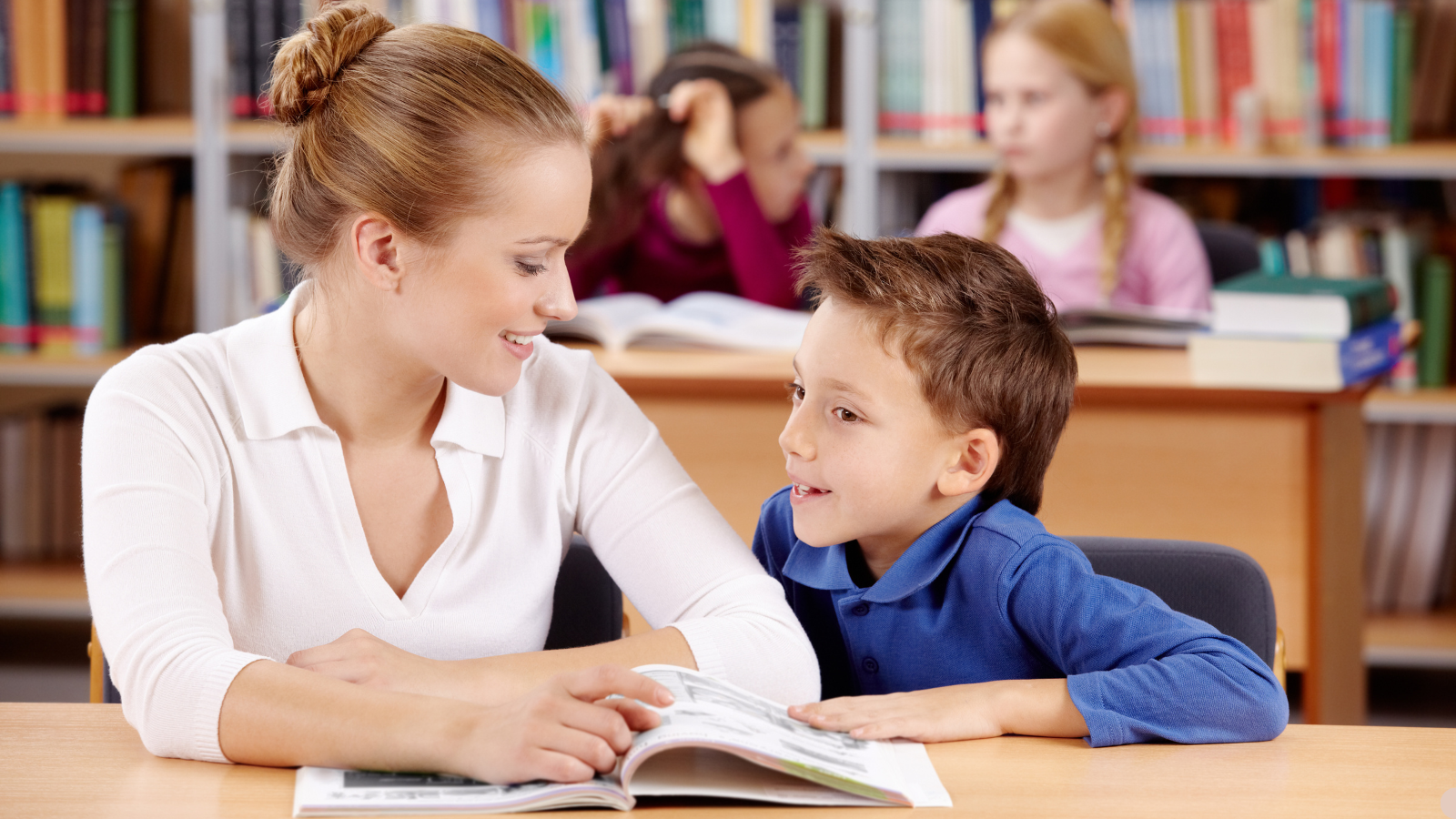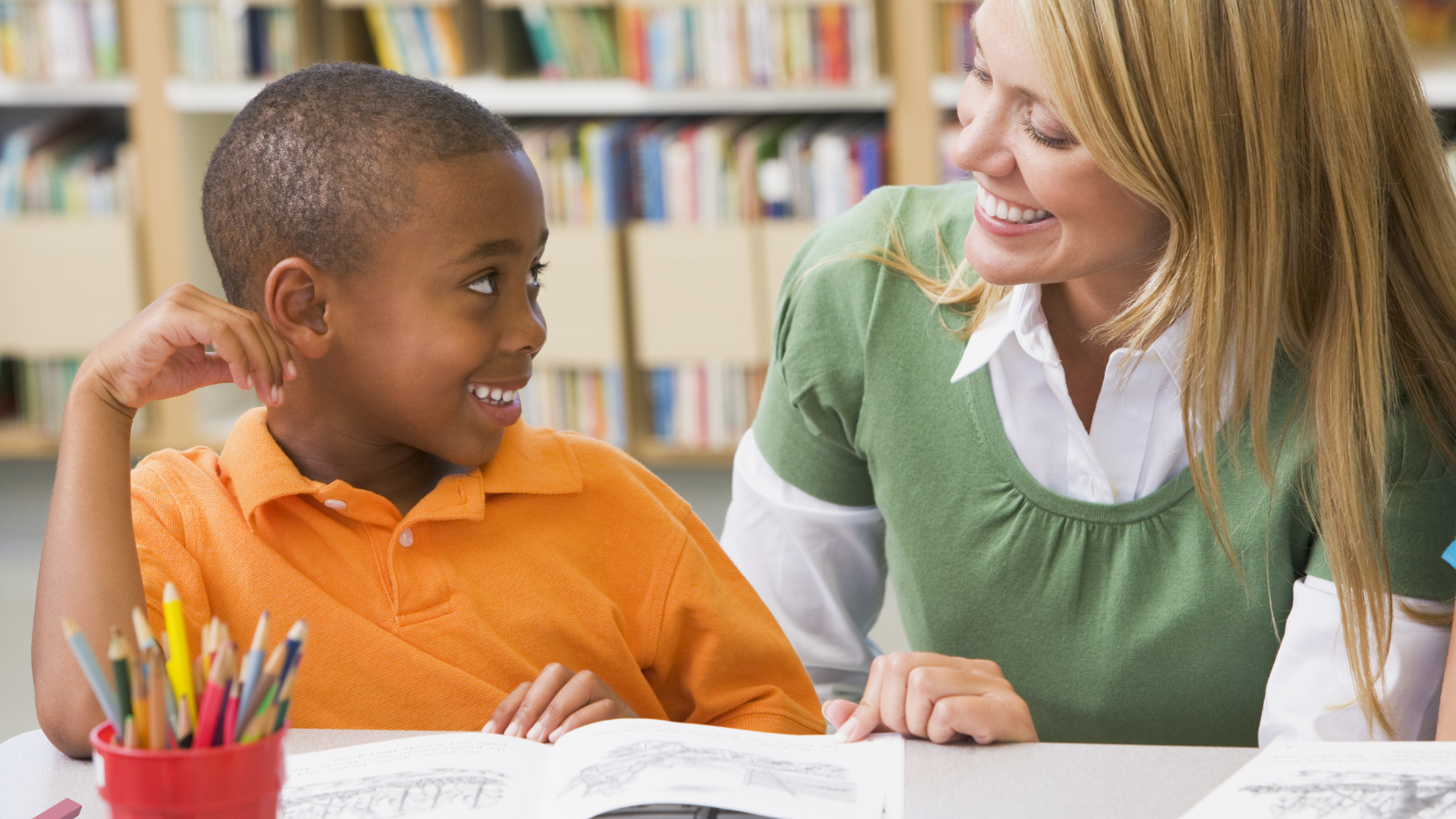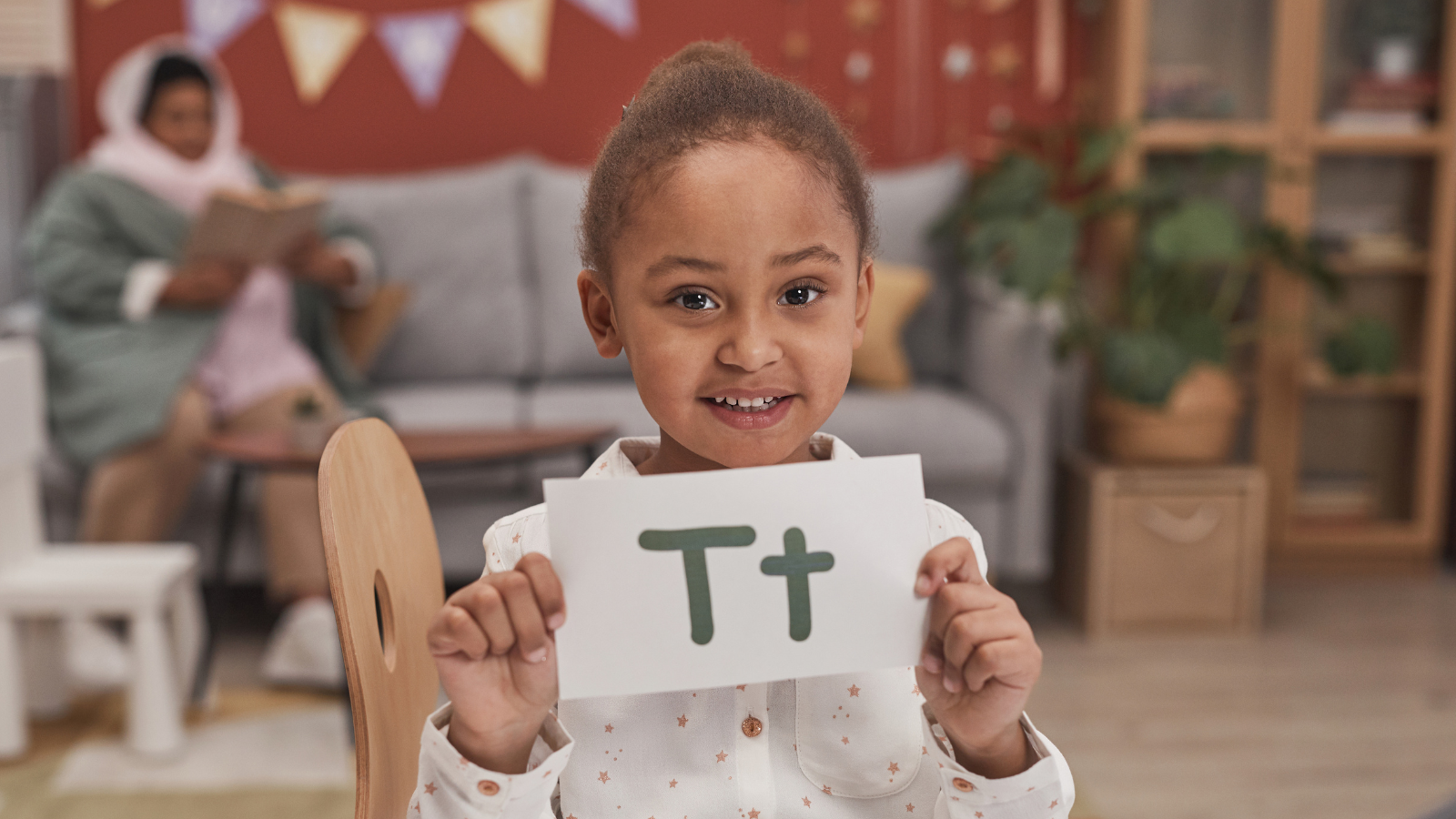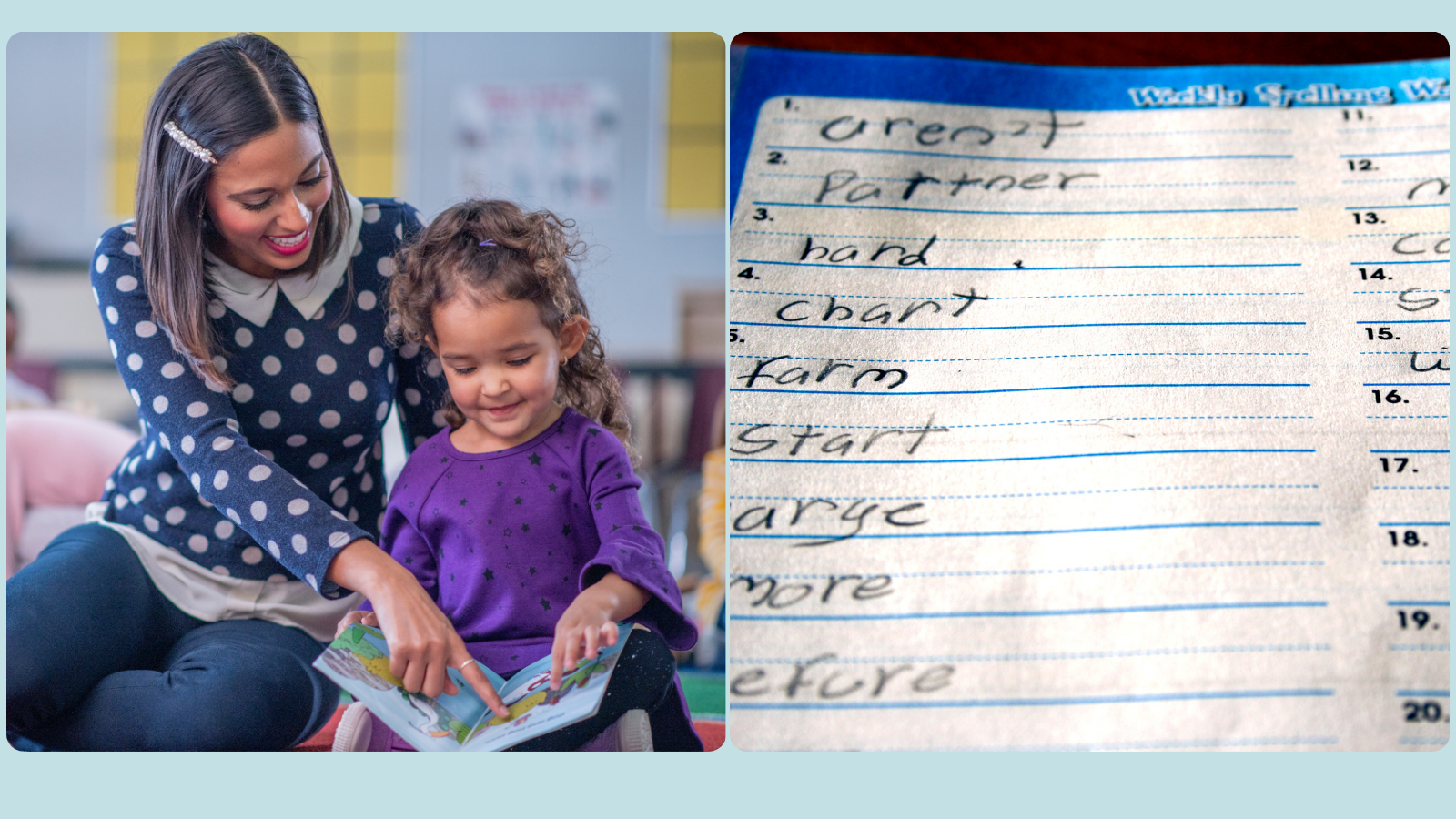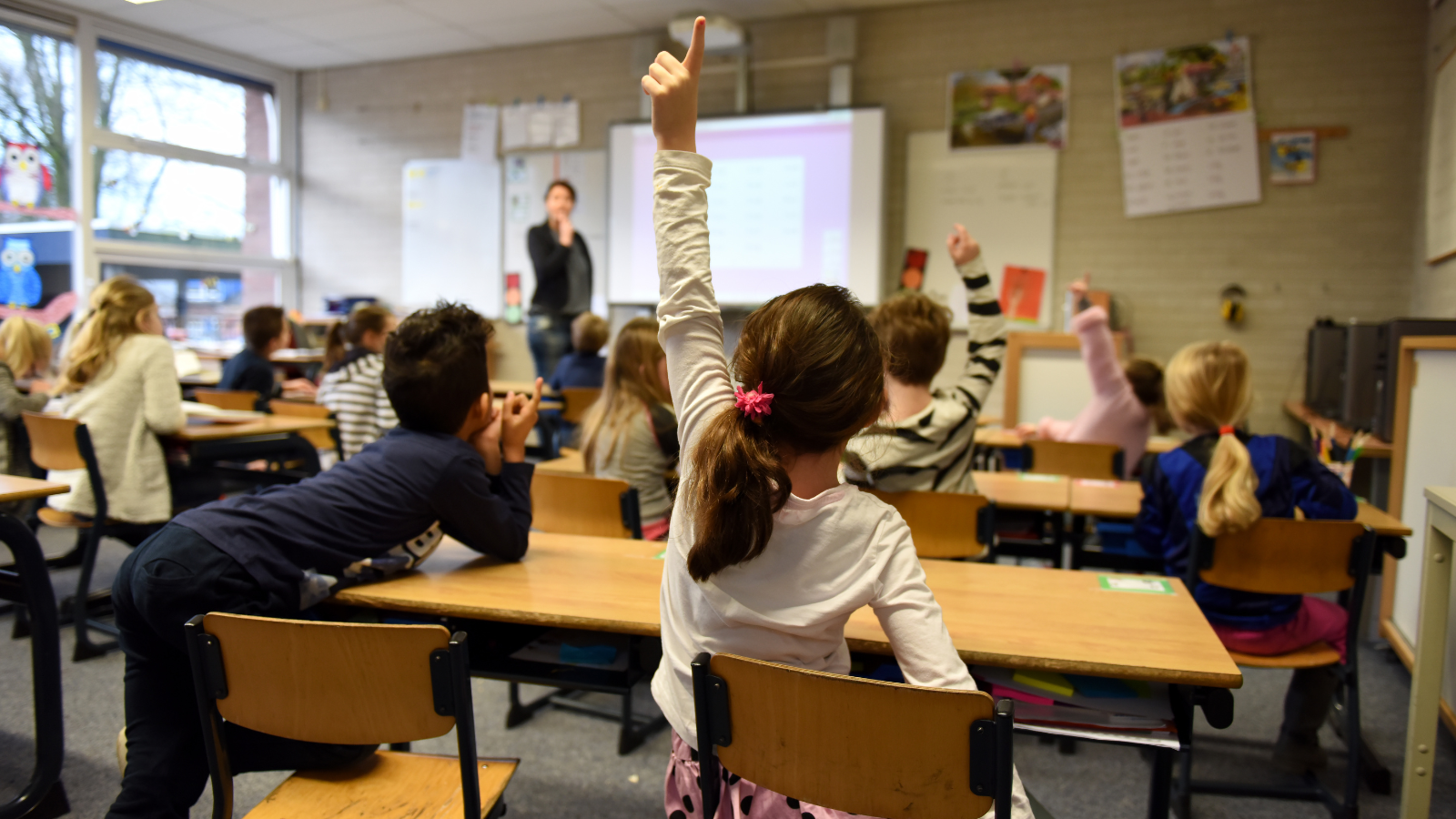Banter Quick Tips: Read aloud and look at the page!
So beginning readers should always read aloud. That way, they connect print to speech and get feedback from adults.
Reading is hard work, and many beginners look around the room, at the roof, out the window, and at pictures, instead of the words.
Help students to look and keep at the written page by:
- using printed books (with no buttons or scrolling);
- using books with few or no pictures for early decoding practice (save the picture books for read alouds and audiobooks); and
- reducing noise, interesting toys and games, screens, and other distractions.
I also want students to have lots of time for shared book reading activities, and children to have time for naturalistic play, but not during decoding time!
Related articles and resources (as highlighted in the video):
- Learning to read: what works and why (free ebook)
- Sight Word Video Models and Decodable Sentences for Beginning Readers Bundle
- Early reading workout – Stan has three cats: Dom, Don and Dan
- “I can’t hear myself think!” The compelling case for quiet classrooms
- Speech pathology for kids: Is it time to put away the Pop-Up Pirate and just do the therapy?
- Reading with – not to – your pre-schoolers: how to do it better (and why)
- “Why should I let my late-talker play with other kids?” Because play promotes learning: here’s why and how

Hi there, I’m David Kinnane.
Principal Speech Pathologist, Banter Speech & Language
Our talented team of certified practising speech pathologists provide unhurried, personalised and evidence-based speech pathology care to children and adults in the Inner West of Sydney and beyond, both in our clinic and via telehealth.

